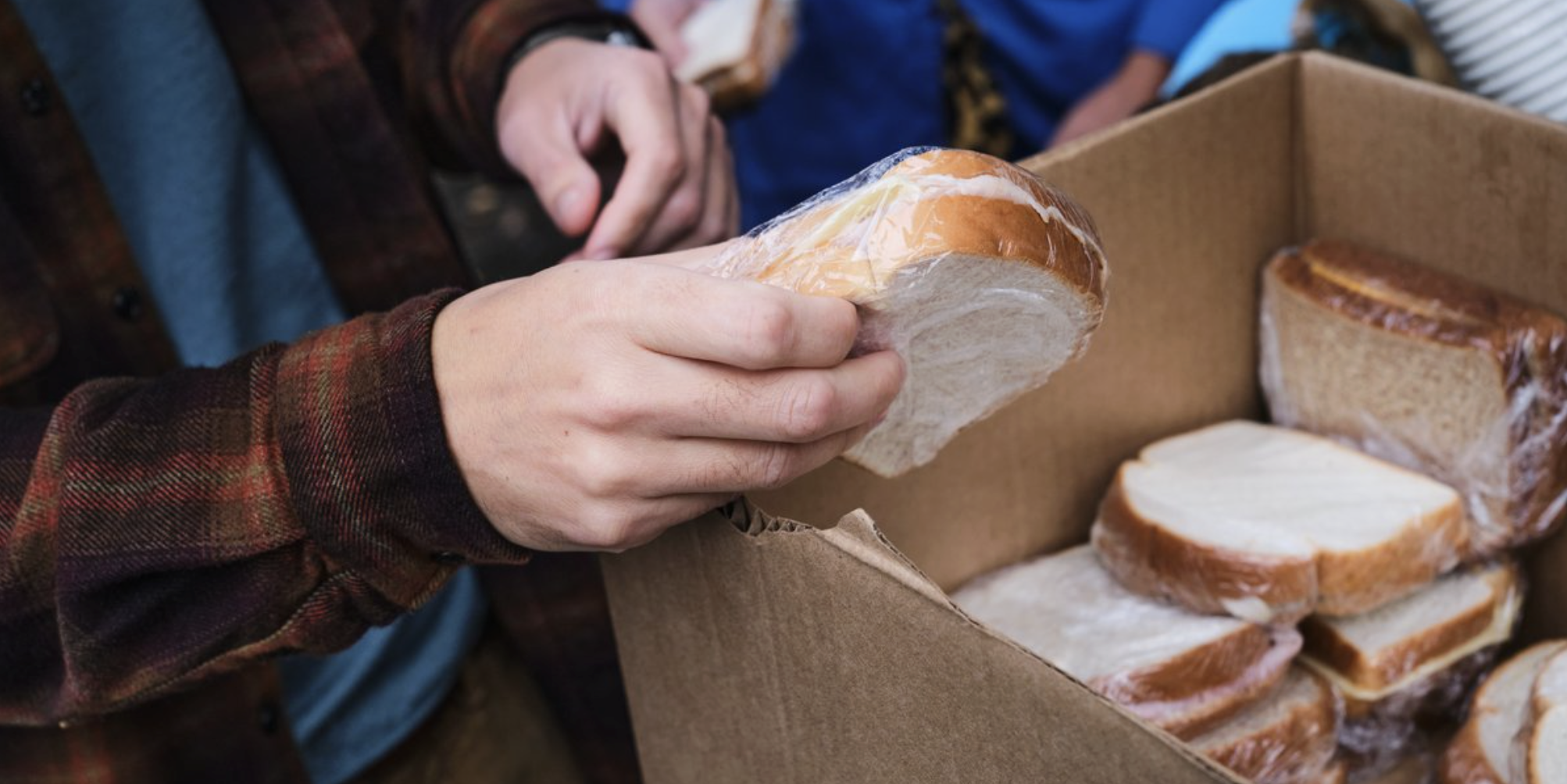OTTAWA (CCN) — “Give us this day our daily bread.” With those words from the Lord’s Prayer, the Canadian Conference of Catholic Bishops (CCCB) is framing a new national reflection on food insecurity.
On the World Day of the Poor, Nov. 16,the bishops released Our Daily Bread: Food Security and the Call to Solidarity, a 10-page pastoral letter issued through the Episcopal Commission for Justice and Peace.
The document begins by grounding its message in the Gospel petition for daily sustenance, describing it as a cry heard from people facing rising food costs in Canada and severe food insecurity around the world. Citing the United Nations International Fund for Agricultural Development, the bishops note that “more than 1 in 10 people are suffering severe food insecurity” and that more than three billion people cannot afford a healthy diet. They add that even in an affluent country like Canada, more households are struggling to access nutritious food.
The letter is organized around three themes – Solidarity, Harmony, and Harvest. Under Solidarity, the bishops quote St. John Paul II’s definition of solidarity as “a firm and persevering determination to commit oneself to the common good.”
The letter cites the teaching of St. Paul VI and Pope Francis on the structural causes of poverty and highlights practical responses such as reducing food waste, simplifying consumption, choosing local produce, and supporting measures that improve the financial circumstances of households with low incomes. The letter cites research from the University of Toronto’s PROOF program, which studies policy approaches to reduce food insecurity, to show how it inadequate access to food declines when low-income families receive additional income.
The bishops also note that food security in Canada is connected to housing affordability and emphasize the importance of a just wage, quoting St. John Paul II’s statement that a just wage is the key measure of whether a socioeconomic system is functioning justly. They further warn that food insecurity is often worsened by conflict, displacement, environmental harm, and damage to local food systems.
In the section on Harmony, the letter encourages Catholics to renew their relationship with the land. It points to the growth of community gardens and sustainable agricultural practices as hopeful signs of stewardship and highlights the value of innovations that increase food production without degrading the environment. Drawing on Psalm 65, the bishops offer thanks for the work of farmers and harvesters who help sustain creation’s gifts.
Under Harvest, the bishops reaffirm the “universal destination of the goods of the earth” and stress that food is not merely another commodity. They call for resilient systems of food distribution and safeguards against predatory pricing, warning that food insecurity ultimately undermines peace. The letter also highlights the vulnerability of Indigenous communities whose land-based food systems are threatened by climate change and industrial development.
The release of Our Daily Bread aligns with Pope Leo XIV’s Message for the Ninth World Day of the Poor, issued on June 13, 2025, the Memorial of St. Anthony of Padua, patron of the poor, with the theme “You, O Lord, are my hope” (Ps 71:5). In the message, the Holy Father reflects on Christian hope as a response to instability and trial, urging the faithful to view the poor not as objects of charity but as “creative subjects who challenge us to find novel ways of living out the Gospel today.” Pope Leo also quotes St. Augustine: “You give bread to a hungry person; but it would be better if none were hungry.” In the same message, he states that “labour, education, housing and health are the foundations of a security that will never be attained by the use of arms,” linking economic justice to lasting peace.
In his homily at the Jubilee of the Poor Mass in St. Peter’s Basilica on Nov. 16, Pope Leo urged heads of state and national leaders “to listen to the cry of the poorest,” emphasizing that “poverty poses a challenge not only for Christians, but for all those who hold positions of responsibility in society.” He described the poor as “creative subjects who challenge us to constantly find new ways to live the Gospel today,” echoing the pastoral letter’s vision of solidarity as shared responsibility for God’s gifts.
The Canadian bishops’ pastoral letter concludes by giving thanks for all who provide “our daily bread,” including family farmers, migrant agricultural workers, fishers, food preparers, and parents. The bishops ask God’s blessing through the intercession of the Blessed Virgin Mary and St. Joseph on those who work to bring food from the earth to households across Canada.




